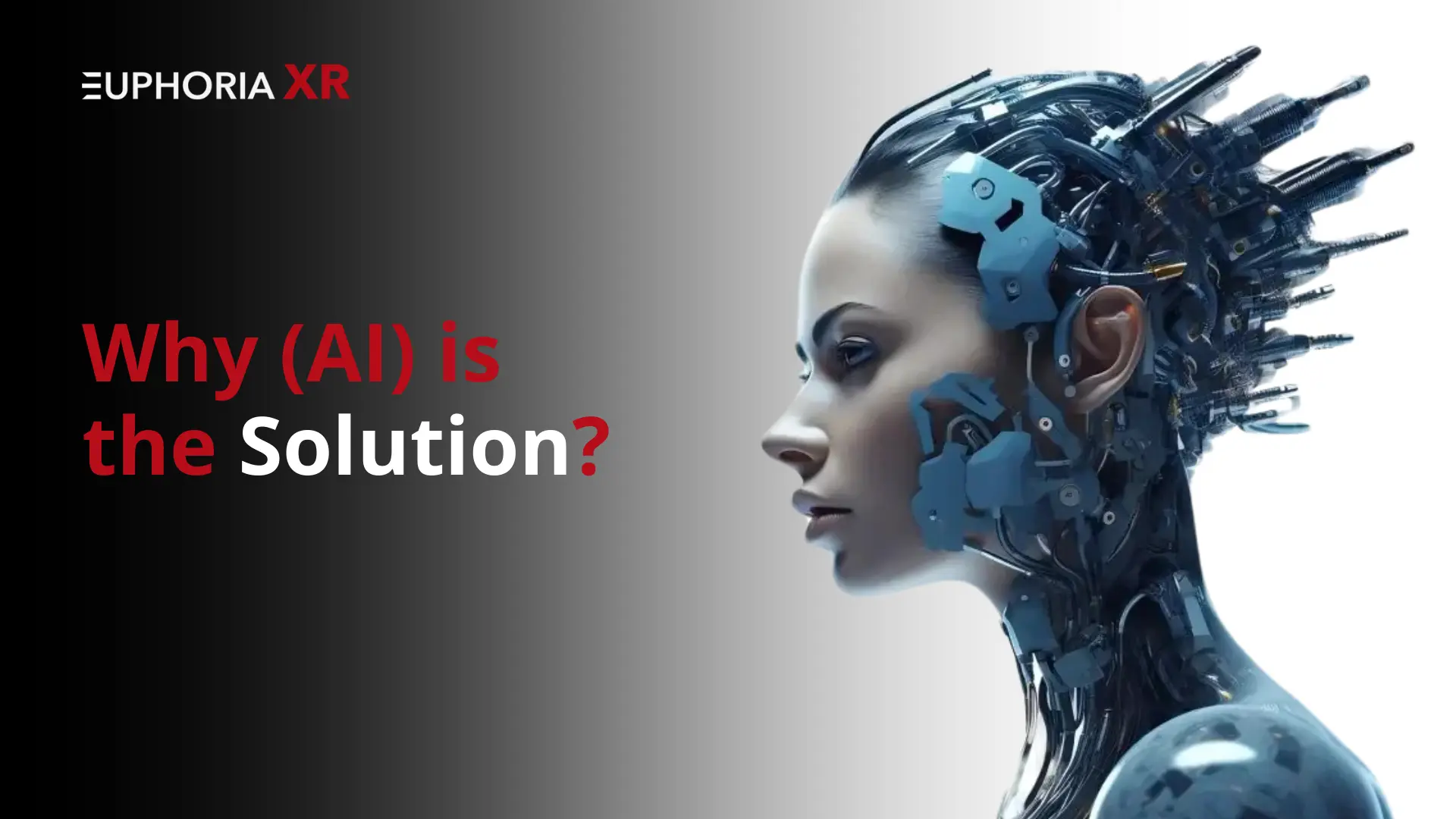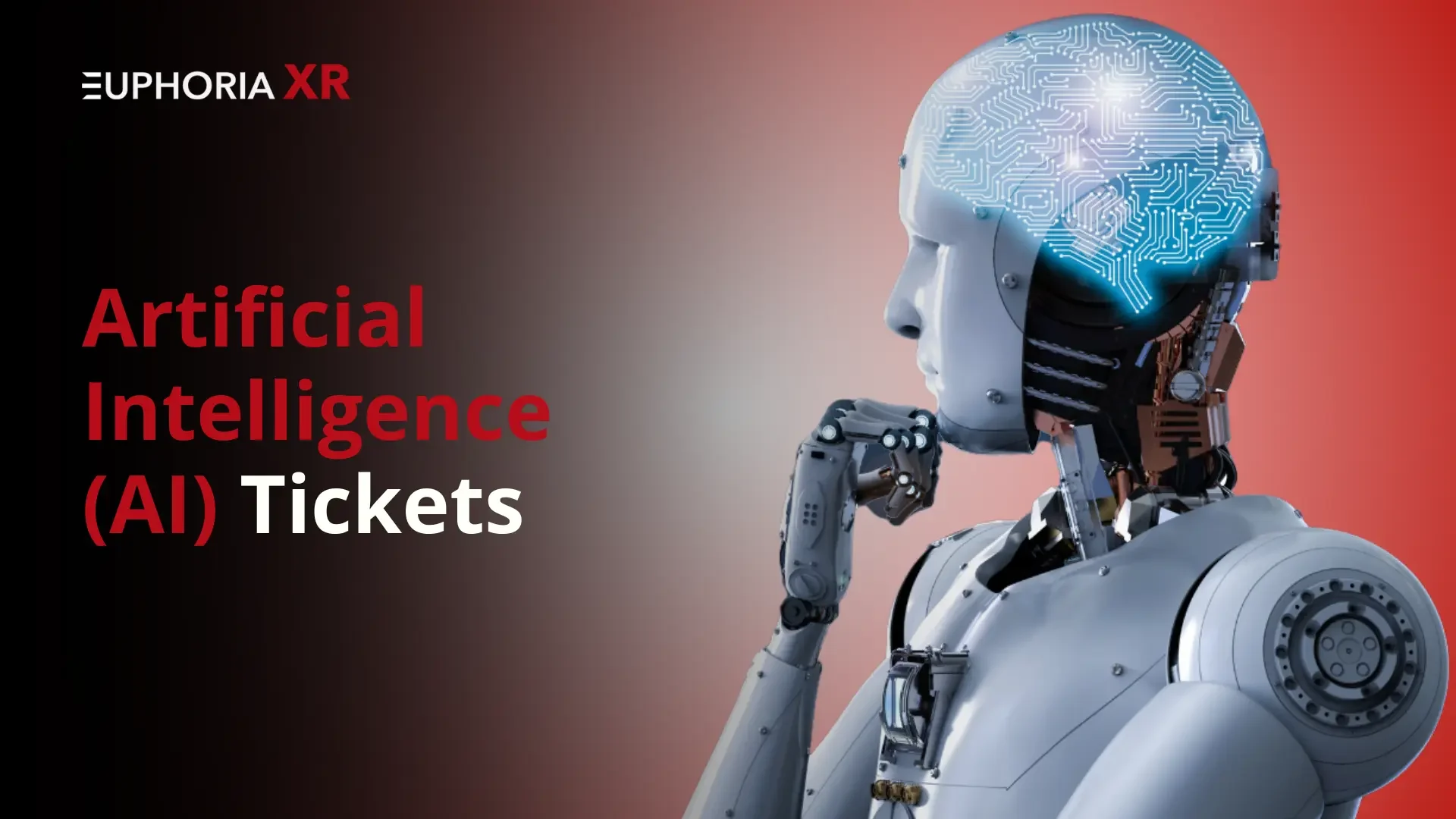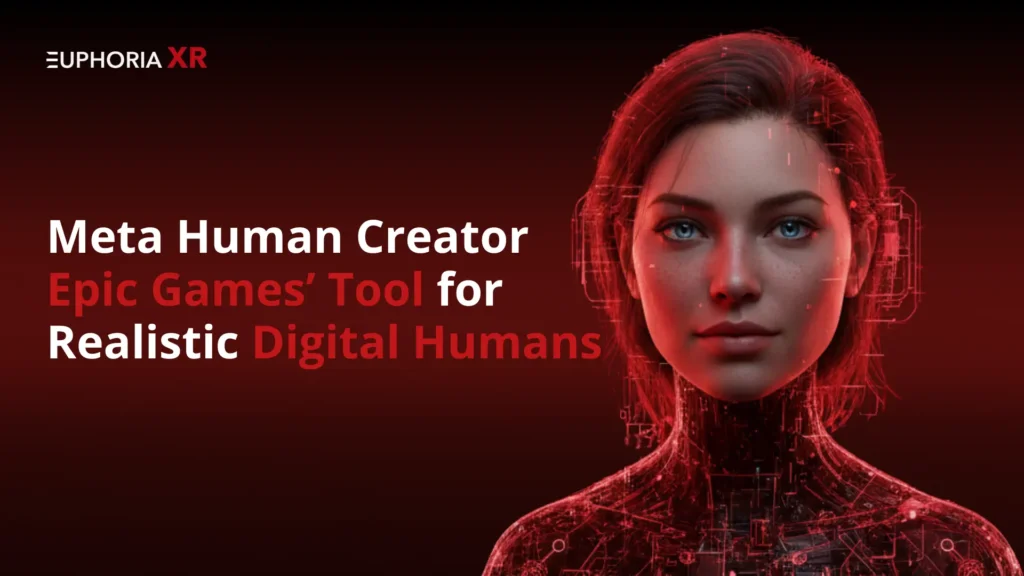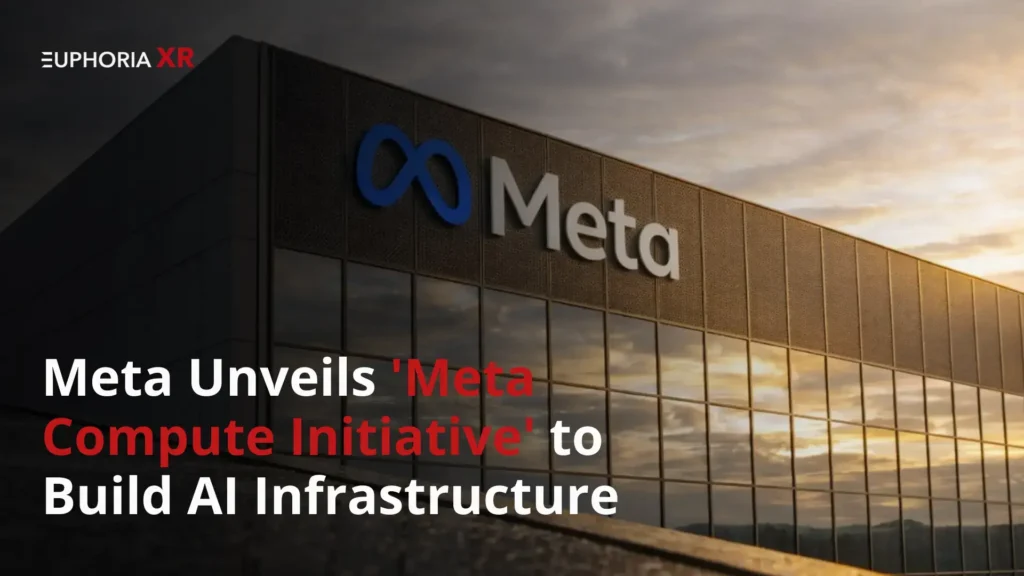Bid Farewell to Prolonged Wait Times—AI Ticketing Takes Care of Everything
How many times you’ve sought help but faced prolonged delay periods with displeasing wait times. The experience of delayed help applies to many other people. The conventional ticketing approach fails to adapt to customer demand which creates problems for both organizations and their users. Studies demonstrate that 75% of consumers now seek rapid responses from organizations although current-dated systems do not supply immediate assistance. Artificial Intelligence Tickets reform business strategies for both customer inquiries and IT support together with service request management. AI-powered ticketing provides businesses with automatic workflow management and enhanced resolution accuracy along with speedier responses that amount to 50% shorter response times which make AI-powered ticketing an absolute requirement for future success. The discussion begins with an exploration of Artificial Intelligence tickets as they revolutionize various businesses while demonstrating an advanced support system of the future.
What is an AI Ticketing System?
The AI ticketing system operates through Artificial Intelligence technology to automate ticket handling procedures while simultaneously performing ticket classification functions, worker allocation tasks, and ticket resolution actions. The entire ticketing process becomes streamlined through Artificial Intelligence tickets which use machine learning (ML) together with natural language processing (NLP) and predictive analytics instead of traditional humans performing manual processes.
How AI Ticketing Systems Work:
The system uses AI to read new requests and determine the request intent which allows it to assign appropriate categories such as “tech support” or “billing dispute.”
AI uses data and previous patterns to send tickets toward the most suitable human agent or system process when comparing issue difficulty.
Artificial intelligence learns to solve typical problems in advance which results in decreased ticket volume.
AI chatbots implement instant solutions for basic issues which therefore reduces the requirement for human support.
AI gains perpetual insights from previous ticket data which enhance both accuracy levels and resolution rate performance throughout the duration.
Real-World Impact:
The Zendesk AI platform states that AI-powered ticketing technology can manage 70 percent of recurring support requests so agents are available for advanced problem-solving tasks.
Modern businesses achieve operational cost reductions of 35-40% and first-response time reductions of 50% through their adoption of AI ticketing systems (Deloitte).
AI ticket systems support 24/7 operations along with uninterrupted availability which provides support to customers at any time with no delays.
Companies that use Artificial Intelligence tickets will achieve operational improvements together with better customer experiences and enlarged capability while maintaining their support cost structure.
Why is an Automated AI Ticketing System Important?
The combination of AI technology in ticketing systems enables responses to happen twice as fast leading to decrease customer frustration levels.
McKinsey records that operational costs decrease up to 40% through AI automation.
The AI system directs relevant complex situations for human agents to work more efficiently.
The ticketing system can grow in capacity to handle rising volumes of requests without needing additional human personnel.
AI-powered ticketing systems provide non-stop support to customers since they operate non-stop throughout every day of the week.
Suggested Read: https://euphoriaxr.com/top-generative-ai-trends-to-watch-in-2025/
Challenges of Traditional Ticketing Management
The advent of Artificial Intelligence tickets replaced the previous manual ticketing systems that businesses used previously and introduced several operational shortcomings. The following paragraphs explain what challenges traditional ticketing systems encountered in detail:
1. Slow Response Times Due to Manual Ticket Handling
The process of ticket management under traditional systems requires human agents to handle categorization and assignment tasks and resolve support requests thereby causing delays that become more severe during busy times. The data shows customers will leave support interactions when they must endure excessive response times. Studies reveal that 38% of customers leave during such delays. When dealing with tickets through manual processing multiple incidents accumulate thus creating increased frustration among users while lowering their satisfaction levels.
2. High Operational Costs Due to Excessive Manpower Needs
Running a manual ticketing system necessitates a large staff to handle queries from customers. Businesses must recruit new support staff when ticket volumes rise since this requires more operational budget. The McKinsey report demonstrates that human labor takes up to 70 percent of customer service expenditures so traditional ticketing systems drive unachievable costs for companies that want to remain efficient.
3. Inconsistent Issue Resolution Due to Human Error
Tickets managed through human operator involvement result in unavoidable errors and inconsistencies between responses. When agents perceive the same customer issue differently there will be delayed problem resolution and unhappy customers. How well agents communicate with each other depends on the size of their knowledge gaps leading to problems with accurate problem-solving in customer support.
4. Limited Data Analysis and Predictive Capabilities
Traditionally used ticketing systems hold no capability for real-time analytics and predictive insights which creates difficulties for both the forecasting and optimization of workflows. The lack of artificial intelligence tools for data investigation prevents companies from discovering their recurrent trouble areas along with automating mundane operations while enhancing service quality. Without predictive capabilities, companies find it hard to solve problems in advance as problems escalate leading to excessive tickets and extended resolution times.
Why AI is the Solution?
The Artificial Intelligence ticket system handles these challenges by implementing automatic ticket organization technology while cutting manual labor along with data-based problem fixing and analytic performance reporting. Businesses obtain an efficient and scalable support system through the implementation of AI-driven solutions that decrease response times, decrease operational costs, and boost service consistency and predictive insights.

How Artificial Intelligence Tickets Improve IT Service Management (ITSM)
The implementation of Artificial Intelligence tickets stands as a major transformative factor in IT Service Management (ITSM) because businesses require both speed and efficiency in their service management practices. Artificial Intelligence ticketing systems improve ITSM operations through automated workflow processes while minimizing incoming tickets and accelerating the time needed for resolving issues. Gartner predicts that AI-enabled ITSM solutions will decrease service desk human involvement by 70% during the next five years thereby allowing IT teams to dedicate their time to essential issues rather than routine work.
The Integration of Artificial Intelligence Tickets in ITSM
IT teams modify their approach to service requests, incident management and problem resolution through the incorporation of Artificial Intelligence tickets in ITSM frameworks. The ticketing system modules from AI bridge with established ITSM platforms including ServiceNow, BMC Remedy, and Freshservice to handle essential operations including incident classification and priority determination.
AI allocates and sorts incoming IT service tickets according to their severity levels during Incident Management processes.
Artificial Intelligence allows the detection of minor IT issues that self-repair before any adverse effects occur.
The system uses AI technology to distribute incoming tickets to suitable agents who match both their specialties and operational capacity.
AI-powered chatbots use automated responses to handle routine IT problems which decreases the amount of tickets handled manually.
The results of a Forrester study show that ITSM organizations using artificial intelligence cut down ticket resolution durations by 40% while their employees became 35% more productive.
Having trouble incorporating AI into your company? Let EuphoriaXR assist you in creating more intelligent AI solutions that are suited to your requirements.
AI-Based Automation in ITSM
AI-based automation systems within IT Service Management operations eliminate processing delays that occur during IT support procedures. The implementation of AI leads to automation within key ITSM functions through these actions:
AI utilizes historical information to forecast typical IT problems which enables preemptive solutions to be done before users submit complaints.
The AI-Driven Knowledge Base utilizes artificial intelligence to present appropriate IT documents from the technical database which improves user capability to resolve their issues by themselves.
AI-based virtual assistance bots offer immediate support for IT issues which prevents 60% of needed assistance requests.
Best Practices for Implementing Artificial Intelligence Tickets in ITSM
The following best practices will help businesses achieve maximum benefits from Artificial Intelligence tickets in ITSM:
Adequate high-quality training data serves as a requirement for AI models to accurately detect and resolve IT tickets.
The system should integrate perfectly with established ITSM tools to guarantee operational smoothness.
AI models require ongoing updates for their algorithms because this practice ensures better accuracy and adaptability.
Repetitive duties should continue to run through AI models but complicated situations require human agents to perform the highest level of support.
Keep track of AI operational metrics because regular analysis of tickets created by AI along with accuracy and time to resolve will enable better performance.
Benefits of Artificial Intelligence Tickets
Lower Operational Costs
The automated task functionality in AI reduces businesses’ need to maintain big support teams so they can lower operational costs by as much as 35 percent. Direct implementation of AI-driven ticketing systems brings substantial savings to companies that manage IT service management and customer support expenditures.
Higher Agent Productivity
Agent productivity improves when artificial intelligence handles basic inquiries since it permits human employees to concentrate on challenging issues. Research demonstrates that when AI operates to automate ticket resolution tasks, it boosts the outcome rate to at least 30% which lets support teams handle increased workloads without needing more staff members.
Improved Scalability
The AI ticketing system increases its ticket processing capacity to maintain operational efficiency while using fewer agents. This flexible system enables businesses to expand support capabilities while handling higher maximum service requirements.
Quality Assurance
The implementation of AI analytics in quality assurance leads to precise ticket handling through error-free ticket classification and resolution processes. The use of automation through NLP delivers uniform quality service which results in improved customer satisfaction levels.
Shortened Customer Response Times
Jobs executed by AI chatbots as well as automated workflows bring about response time reductions of up to 60% for customers. The routing of tickets managed through AI automation results in faster resolutions because it cuts the average handling time in half.
Data Collection and Insights
Past ticket data undergoes persistent analysis by AI systems which determines patterns to predict service problems and enhances workflow performance optimization. Organizations that harness artificial intelligence to analyze customer behavior obtain better business choices and enhance their services.
Workflow Automation
The application of AI automates the entire ticket management process from assignment through escalation to follow-ups which leads to better operational efficiency. These systems decrease backlog and stop duplicate tickets and achieve better service delivery results.
The Top 5 Ways Artificial Intelligence Tickets Are Transforming Ticketing in 2025
Dynamic Pricing
The ticketing systems fueled by AI technology use instant demand examination to automatically adapt pricing in real-time. The tactic applies to airline as well as event and transport ticketing to set prices that best match supply levels with customer demand patterns. The businesses that adopt AI for their pricing system will report a minimum of 20% revenue growth by 2025 because AI optimizes ticket prices for maximum profits while retaining customers affordable rates.
Upselling & Cross-Selling
The revenue-generating capability of Artificial Intelligence tickets rests on their ability to match target customers with appropriate product enhancements and supplementary products by processing their purchasing backgrounds. AI analysis of customer preferences generates highly specific offers that boost upselling and cross-selling conversions between 20 to 30 percent. The method of suggesting premium seating and bundled packages along with VIP access finds applications throughout travel and events and entertainment sectors.
Predictive Analytics
AI uses past ticket data to forecast customer demands and maximize service workflow and detect illegal transactions. AI predictive analytics uses identified patterns and trends to enable businesses to prevent possible service disruption events, anticipate future demands and decrease operational risks. Through predictive modeling, companies achieve better resource management and shorted downtime which leads to superior customer service delivery.
Facial Recognition
The technology using artificial intelligence to identify faces creates a new way to verify event access quickly and securely. Major event venues together with airports alongside public transport systems will reach a 50% adoption rate of this technology before 2025 for both security purposes and improved entry process flow and fraud mitigation. The implementation of facial recognition technology makes entrances without physical tickets possible thus protecting users from account security risks that are accompanied by effortless no-contact procedures for entry applications.
Chatbots in Artificial Intelligence Tickets
The use of AI-based chatbots remakes ticketing operations by managing customer inquiries alongside providing quick assistance for quickly processing and modifying tickets. These AI-powered chatbots permit human agents to handle 40% fewer requests which produces quicker solutions for customers with better satisfaction results. The 24/7 availability of AI chatbots improves entire ticketing systems by delivering instant support and diagnostic help and transforms into a basic requirement for advanced AI ticketing systems.
When AI can propel your success, why lag? Allow our Artificial Intelligence Company to use exceptional AI solutions to revolutionize your company. Speak with a professional now!
Challenges of Artificial Intelligence Tickets
Training AI Models
The implementation of AI ticketing systems requires broad datasets for extensive training to achieve precise ticket categorization and resolution results. When training AI systems incorrectly, it produces ineffectiveness through improper ticket allocation.
Data Quality Issues
The data quality needs to be high and structured to enable proper AI operation. Insufficient and low-quality raw data causes both incorrect classifications and less efficient operations of Artificial Intelligence systems.
Maintenance and Adjustments
Artificial intelligence models demand periodic maintenance along with adjustments for them to maintain their effectiveness. Ticketing performance requires regular retraining because customer behaviors together with ticket frequency patterns continue to shift.
Security Concerns
The security risks for AI-powered ticketing systems increase because they manage sensitive customer information that remains exposed to cyber threats. A ticketing system needs powerful encryption standards together with complete adherence to data security regulations.
Integration with Existing Systems
Several businesses fail to integrate their AI ticketing system with legacy CRM and ITSM platforms because of compatibility problems that cause operational disruptions.
The Future of Artificial Intelligence Tickets
The development of AI-powered ticketing systems shows no signs of slowing since they deliver increasingly advanced operational efficiency alongside automated service and improved IT management capabilities to customer support operations. AI technology will evolve further to provide highly customized AI interactions in addition to automatic issue prediction and independent AI-driven ticketing stations. AI ticketing solutions will decrease human involvement by such a level that it should reach 80% by 2030 which will enable prompt response times and lower expenses while providing better service quality to customers. Businesses that adopt Artificial Intelligence tickets during this present stage of AI technology evolution will secure substantial competitive advantages for the forthcoming years.
Frequently Asked Questions (FAQs)
What industries benefit the most from Artificial Intelligence tickets?
Various sectors such as IT service management, e-commerce, telecommunications, healthcare, travel, finance, and event ticketing acquire the most benefit from Artificial Intelligence tickets. AI brings efficiency through its automated workflows and boosted customer support to sectors that experience high demands.
Can AI replace human agents in ticketing management?
AI performs repetitive work and runs automated resolutions for tickets yet it needs human staff support to handle all cases. For instance, the demand for critical thinking abilities alongside empathy can only be handled by human agents.
How does AI ensure data security in ticketing systems?
Ticketing systems equipped with AI use encryption together with multi-factor authentication to meet the data security standards of GDPR and CCPA. Real-time security breaches get noticed by AI systems which also implement proactive measures to prevent such incidents.
What are the top AI-powered ticketing tools available today?
Among the most popular AI ticketing platforms situated in the market today stand Zendesk AI alongside Freshdesk as well as ServiceNow, IBM Watson AI, Salesforce Einstein, and Microsoft Dynamics 365. Ticketing efficiency is improved through automation while machine learning works as a key component on these platforms.















